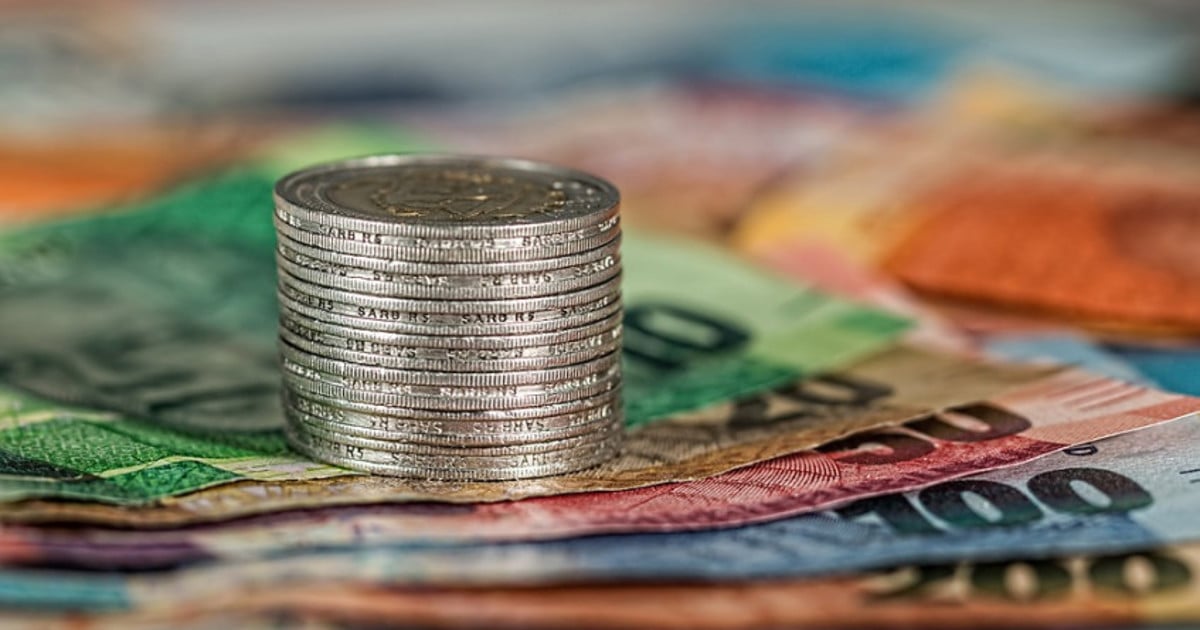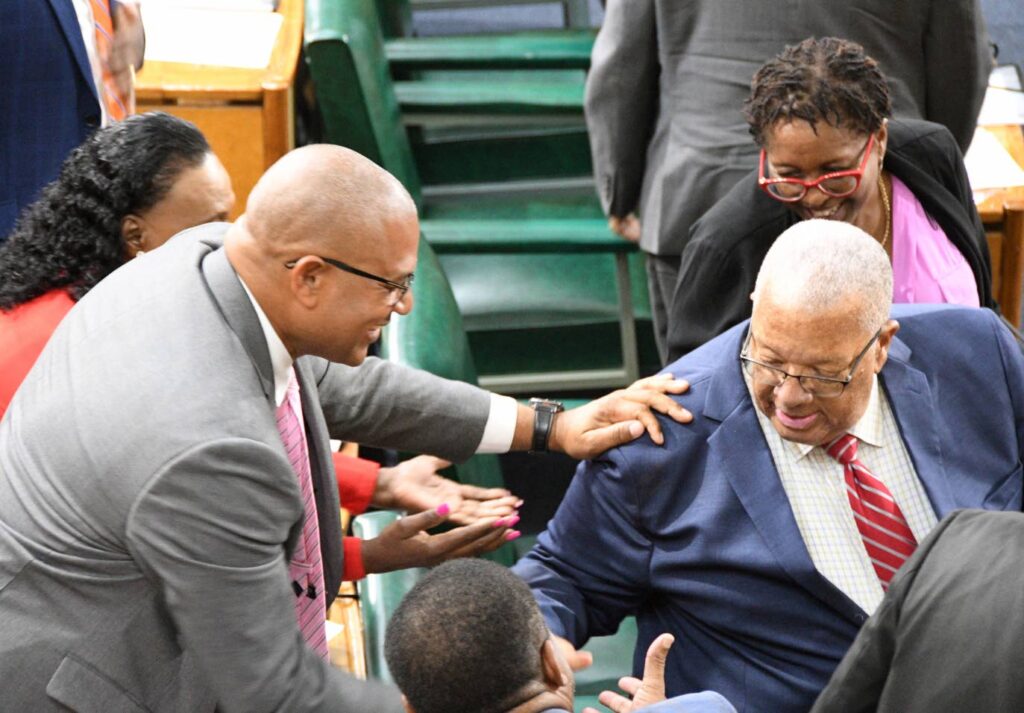Joburg's Ambitious R89 Billion Budget: Power, Water, and Property Rates Drive Metro Finances

Johannesburg's Finance MMC has unveiled a substantial R89 billion budget, outlining the city's financial roadmap for the upcoming year. This ambitious plan underscores the vital role of electricity and water as the metro’s primary revenue generators, alongside significant contributions from property rates and taxes. The budget reflects a complex interplay of infrastructure investment, service delivery priorities, and addressing the unique challenges facing a rapidly growing urban centre.
Key Revenue Streams: A Reliance on Essentials
The budget highlights Johannesburg's continued dependence on electricity and water sales for its financial stability. These utilities consistently represent the largest proportion of the metro’s income, demonstrating their essential role in supporting the city’s operations and future development. Property rates and taxes also provide a crucial financial backbone, reflecting the value of land and buildings within the city limits. While these core revenue sources are reliable, the budget also acknowledges the need to diversify income streams to mitigate risk and ensure long-term financial resilience.
Investment Priorities: Infrastructure and Service Delivery
A significant portion of the R89 billion budget is earmarked for critical infrastructure projects. These investments are designed to upgrade existing networks, expand access to essential services, and improve the overall quality of life for residents. Specific areas of focus include:
- Electricity Grid Modernisation: Addressing aging infrastructure and improving the reliability of power supply.
- Water Infrastructure Upgrades: Reducing water losses, enhancing treatment processes, and ensuring equitable access to clean water.
- Road and Transportation Improvements: Alleviating congestion, enhancing safety, and promoting sustainable transportation options.
- Housing and Social Development: Investing in affordable housing initiatives and supporting social programs that address poverty and inequality.
Addressing Challenges: Affordability and Sustainability
The budget also recognizes the significant challenges facing Johannesburg, including rising operational costs, increasing demand for services, and the need to promote environmental sustainability. Affordability remains a key concern, with efforts underway to ensure that essential services remain accessible to all residents, particularly those from low-income households. The budget incorporates measures to promote energy and water efficiency, reduce waste, and transition towards a more sustainable urban environment.
Looking Ahead: A Vision for a Resilient City
The R89 billion budget represents a significant investment in Johannesburg’s future. By prioritizing infrastructure development, service delivery, and sustainable practices, the city aims to build a more resilient and prosperous urban centre for all its residents. The Finance MMC's presentation emphasized the importance of responsible financial management, transparency, and collaboration with stakeholders to ensure the successful implementation of the budget and achieve the city's long-term goals. Continuous monitoring and evaluation will be crucial to adapt to changing circumstances and maximize the impact of these investments.





